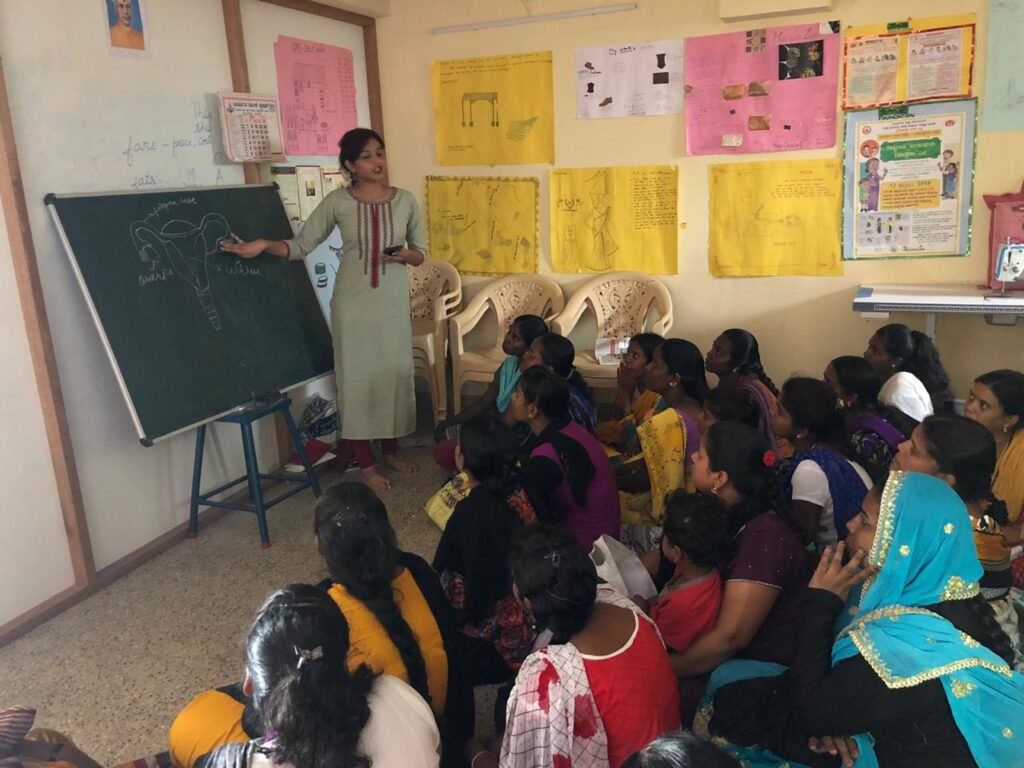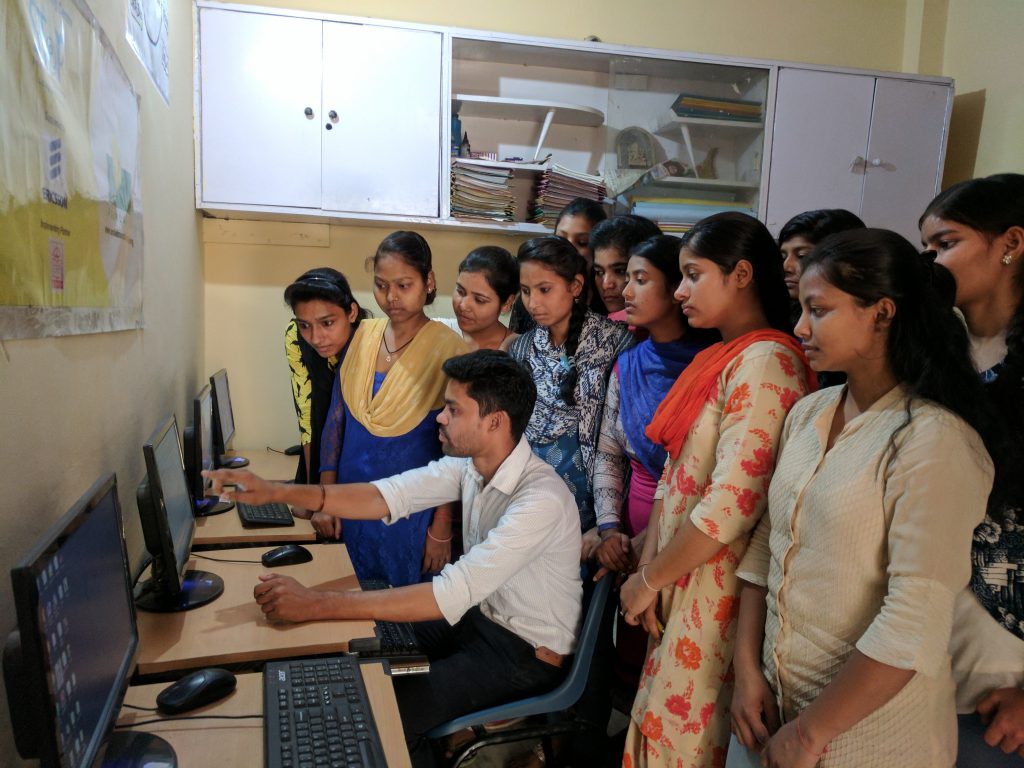Teaching, as a profession, has always been revered. Teachers have been considered akin to God in Indian culture. They have played a crucial role in shaping the lives of their pupils. Even today, millions of teachers across the world continue to work hard for their students’ success. The Livelihood Skill Development Programme by the government and the NGOs also focusing on equipping the teachers.
“Teaching is a very noble profession that shapes the character, calibre, and future of an individual. If the people remember me as a good teacher, that will be the biggest honour for me” – APJ Abdul Kalam.
However, with the introduction of the internet, the role of teachers in the digital era is transforming. Digital media has now changed the way teachers engage with students in a classroom. We are now seeing smart classrooms which make use of new-age digital tools to make learning an enjoyable activity for the students.
During the Covid-19 pandemic, all education and training moved online. It was through digital platforms that the teachers engaged with the students. Even with all the hurdles and inefficiencies, this showed us the potential of digital learning in today’s world. So, as we move towards an era of digital learning, let us look at how it is changing the role of teachers in education.
Continuous Upgrade in Skills Through Livelihood Skill Development Programme
The introduction of digital media is rapidly changing the way teaching-learning happens. New interactive tools for instruction, assessment, and management are aiding the teachers. There is a boost in educational technology-based platforms. Learning Management Systems like Moodle are now becoming central to digital learning processes.
However, operating these new tools requires an upgrade in skills. Teachers, who have been using traditional methods of classroom teaching, need to now focus on learning these new tools. It is also important to make the entire teaching process more efficient. There is no escape for digital learning even in traditional classrooms.
Experiments with smart teaching have also begun in government schools in Indian states like Delhi and Kerala. This means that the teachers will have to adapt themselves to these changing conditions.
Democratization of Education
One thing that internet and digital learning has done is that it has democratized education. Today, anybody can go on the internet and begin teaching what they are good at. Students from across the country can log onto the internet and access the free and paid resources.
This means that teaching-learning activities are not limited to institutional barriers anymore. This is why we are seeing a rapid growth in the diversity of career paths among the newer generation.
Millennials and Gen Z are not just limited to finding traditional jobs today. They are looking at creative fields and entrepreneurship as career options too; a great livelihood skill development programme will help the young students with that.
This democratization of education has also changed the role of teachers in society. They are not only the givers of knowledge anymore. They also need to help the learners manoeuvre through all the information that is being bombarded on them.
In the age of social media, many teachers have taken to analysis of latest events, leadership coaching, and much more. It is becoming an important source of inspiration, idea-sharing, and motivation for the learners.
Exposure to New Opportunities Through Livelihood Skill Development Programme
With education becoming democratic and accessible to a larger population, new opportunities are opening for people. Now, anybody can learn or acquire a new skill through platforms like YouTube. This has added a new dimension to the livelihood skill development programme.
People can now choose a variety of vocations and become micro-entrepreneurs by making use of the large bank of knowledge that is available to them through the internet.
However, this does not take away the importance of traditional livelihood training programme. India is a big country, and the internet penetration is still low here as compared to developed economies.
A large section of the country is still dependent upon the traditional modes of learning and training. Therefore, it is important that people donate for the livelihood skills development program.
By supporting the traditional institutions, we can enable them to make a shift towards digital learning as well. This will set them on the path to further helping more learners in acquiring the necessary livelihood-generating skills.
Many Benefits of Digital Education
Supporting students’ individual learning paces is one of the main benefits of digital education. Additionally, thanks to the digital format, teachers can adapt the curriculum to the ability of their students. The abundance of learning opportunities that digital education provides for students is one of its greatest benefits.
Through the use of digital tools, students can learn a variety of new topics. In the case of the traditional educational system, there are few opportunities for interaction.
On the other hand, the digital education system offers a broad variety of learning alternatives thanks to the content’s unlimited availability, interactive lessons, virtual reality, etc.
Due to automated report generation and real-time feedback, the digital education system makes student evaluations more visible.
The potential for e-learning to completely change the nation’s educational system has been demonstrated. We might soon witness better content, better tools, and better teaching methodologies thanks to the rise of new e-learning platforms and the growing competition among them.
In a nutshell, the role of teachers in education is going to be transformed forever. We can hope for a better future in education as we continue the path of digitalization.
Smile Foundation and Livelihood
Smile Foundation wants the Indian youth to be skilled adequately for taking on professional roles as soon as they join the workforce. STeP initiative continues to create a pool of young and independent people through skill enhancement in tandem with market requirements providing training in soft skills, basic computer use, spoken English, and the basics of written communication as well.









